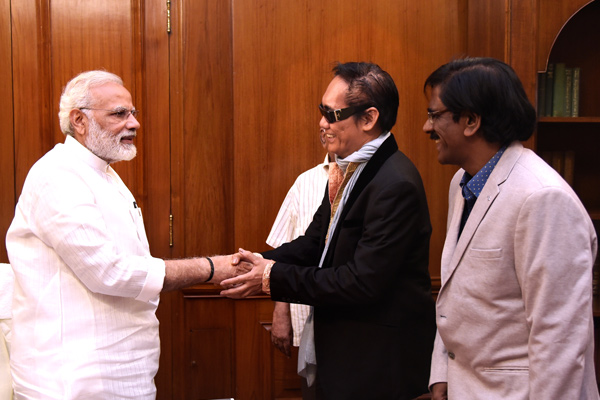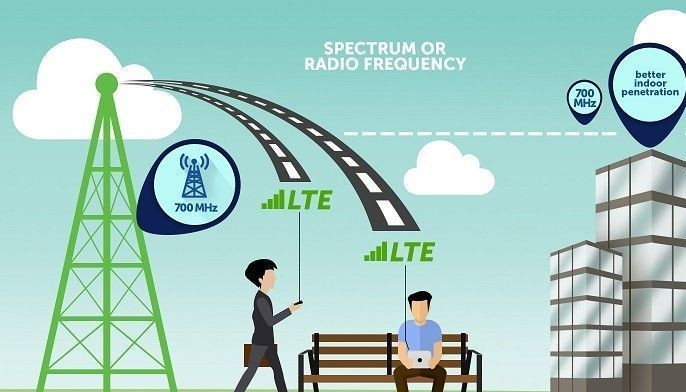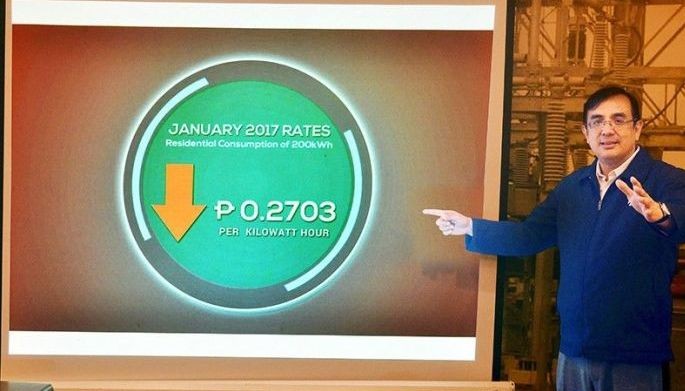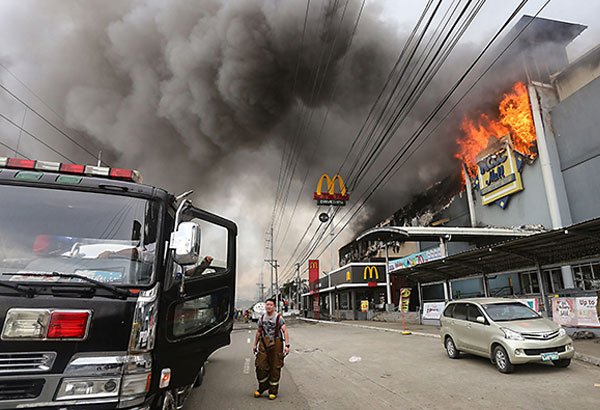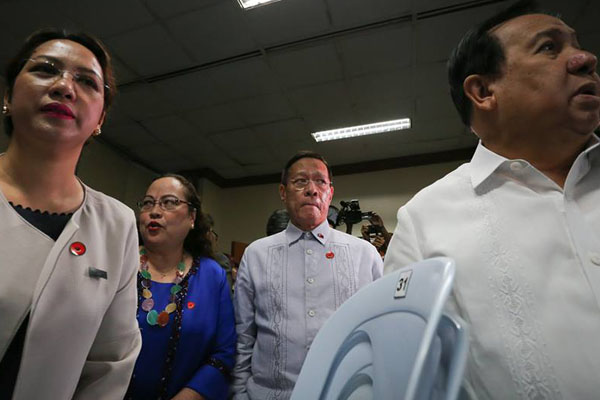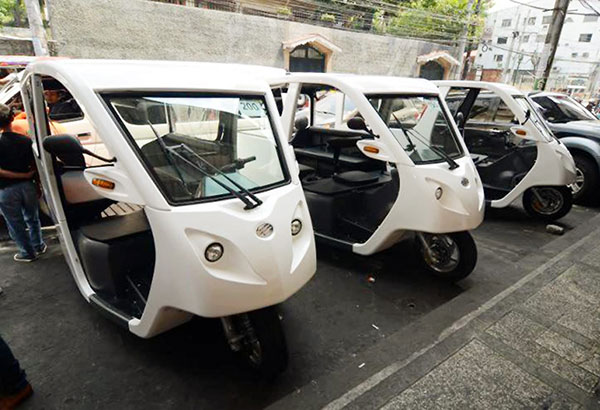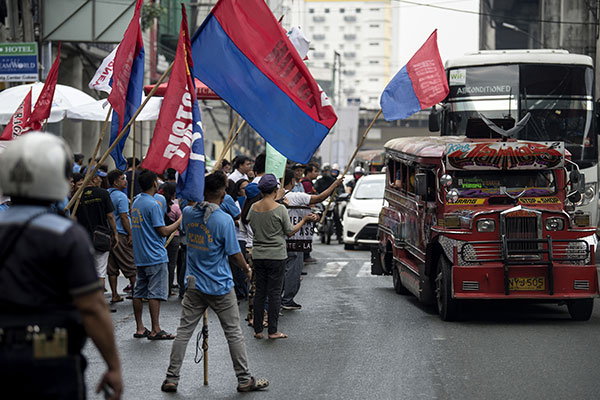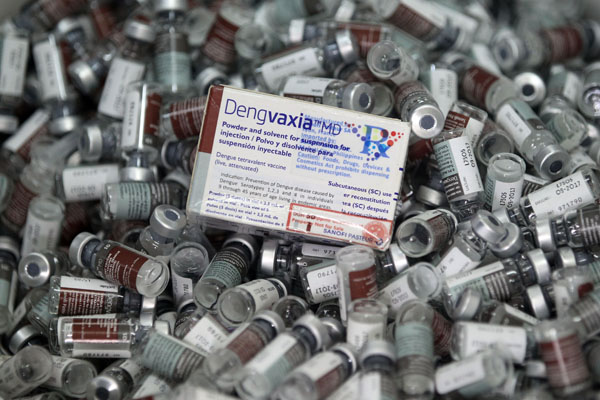CA rules Marcos rights victims can’t touch $2 billion
MANILA, Philippines — Human rights victims of the regime of former president Ferdinand Marcos were told, once again, that they could not get their hands on the $2 billion a US court had earlier awarded to them as indemnity.
On July 7 last year, the Court of Appeals (CA) had ruled against some 10,000 claimants, so the victims MDL 840 including former Human Rights chair Loreta Ann Rosales, movie director Joel Lamangan, Priscilla Mijares, Hilda Narciso and Mariani Dimaranan appealed for the CA to reconsider its decision.
However, the CA has affirmed its ruling, saying the final judgment rendered by the US court in Hawaii on Feb. 3, 1995 awarding a total of $1.964 billion in damages was not binding because the said court had no jurisdiction as the right to due process of all the unnamed claimants, as well as the respondent Marcos estate, had been violated.
The CA explained that the Hawaii District Court certified MDL 840 as a class suit, which meant that the parties who filed the case for themselves and those they sought to represent shared a common legal interest.
But the CA pointed out that in the judgment issued by the Hawaii court and sought to be enforced here in the country, the claimants were classified into three subclasses according to the basis of their claims such as torture, summary execution and disappearance victims.
Such classification of the claimants, according to the CA, is an obvious recognition that “no common question of law and fact exists between/among (them).”
“In other words, each claimant in MDL 840 had a right, if any, only to the damage that such individual may have suffered, and not one of them had any right to or can claim any interest in the damage or injury which another suffered,” the CA had said.
“Hence, MDL 840 was not and should not have been brought as a class suit.”
The CA added that the Hawaii court failed to ensure that the 10 Filipino citizens who initiated MDL 840 were legally authorized by the other claimants, namely: Celsa Hilao, Josefina Forcadilla, Arturo Revilla, Jr., Rodolfo Benosa, Danila Fuente, Renato Pineda, Adora Faye de Vera, Domiciano Amparo, Christopher Sorio, and Jose Duran.
The 10 who initiated MDL 840 failed to identify the other claimants whom they reportedly represented and were unable to present any power of attorney from any of them, the CA pointed out.
“In the absence, therefore, of such authority, the final judgment rendered by (the Hawaii) court is not binding because the right to due process of all the unnamed claimants, as well as the herein respondent (Marcos) estate, had been violated,” the CA said.
The Hawaii court did not give any opportunity to unnamed claimants the full litigation needed by law and no chance was given to the Marcos estate to confront each and every one of them, the CA said.
The final judgment of the Hawaii court was flawed, the CA added, because although the complaint was filed according to the provisions of the Alien Torts law, it was disposed of on the basis of a different statute – presumably the Torture Victim Protection Act.
“This invalidates the disposition, considering that a decision that does not conform to the form and substance required by the Constitution and the law is void and deemed legally nonexistent,” the appellate court said.



 Twitter
Twitter Google+
Google+ RSS Feed
RSS Feed Contact Us
Contact Us














